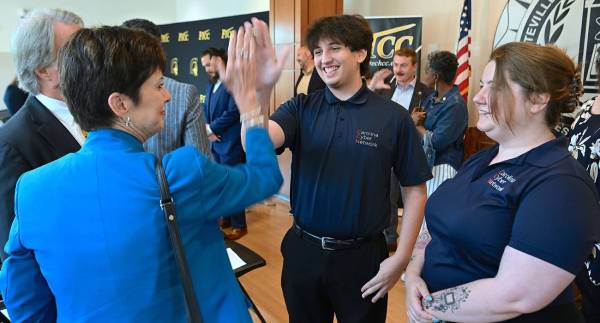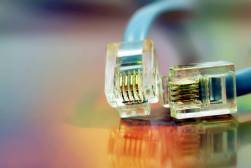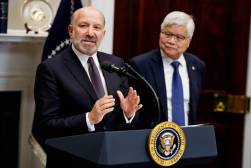North Carolina launches digital equity and literacy office

North Carolina Gov. Roy Cooper announced on Thursday the creation of the Office of Digital Equity and Literacy within the state’s Department of Information Technology, charged with executing parts of Cooper’s $1.2 billion plan to close the digital divide.
The new office, which is to be housed within NCDIT’s Division of Broadband and Digital Equity, a new initiative with largely the same purpose to close the state’s digital divide, will lead a coalition of state and local agencies and nonprofits. That group, called the North Carolina Digital Equity and Inclusion Collaborative, is to share best practices and provide feedback for future programs, as well as facilitate a $165 million investment from Cooper over the next four years to grant 365,000 households the “devices, repair support and digital literacy and skills training” to join the digital economy, according to the state’s broadband plan.
“The pandemic showed us more than ever the importance of digital equity in North Carolina,” Cooper said in a press release. “Creating the Office of Digital Equity and Literacy will enable us to accelerate the critical work of bringing all North Carolinians up to speed with the digital society so they can live more equitable, prosperous, educated and healthier lives.”
In conjunction with the announcement, NCDIT Secretary Jim Weaver, a former chief information officer of Washington state and chief technology officer of Pennsylvania, named Nate Denny, formerly NCDIT’s chief of staff, as the new deputy secretary of broadband and digital equity. The new office will be led by Jeremy Collins, the state’s director of innovative connectivity.
North Carolina ranks 18th in the United States for access to broadband, according to BroadbandNow, but it has invested heavily under Cooper in expanding access — $750 million on top of $1.2 billion in federal relief. The state has also created interactive coverage maps and speed-testing tools and has even launched programs for satellite-based internet service.






